Ah, vinegar, the jack-of-all-trades in the world of household items.
It's a kitchen staple and a cleaning essential. It can even be used in the garden.
But did you know that this magical elixir can have some serious effects on your soil?
If you're scratching your head and wondering how long vinegar lasts in soil and what it can do to your garden, don't worry!
In this article, we'll answer those questions and share tips on how to safely use vinegar to give your plants a boost.
So, let's dig in and discover the secrets of vinegar in soil and how it can help—or harm—your plants.
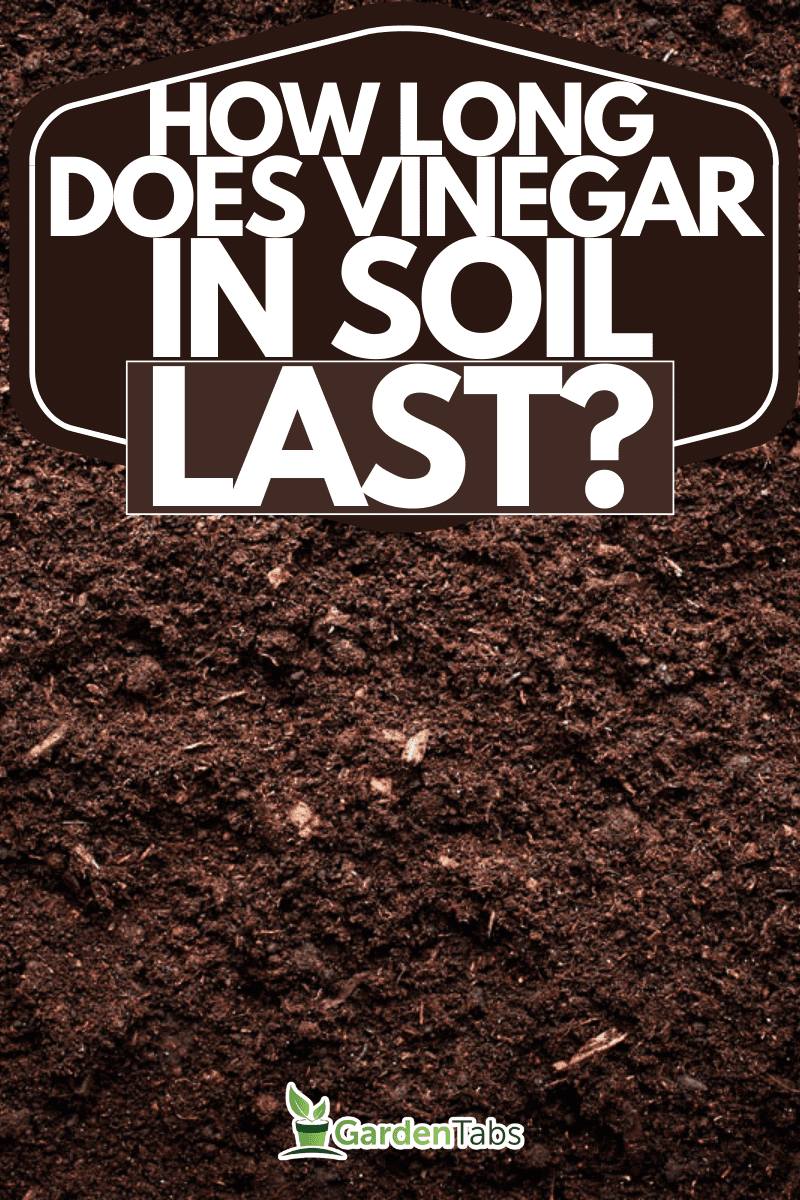
Why Use Vinegar in Soil?
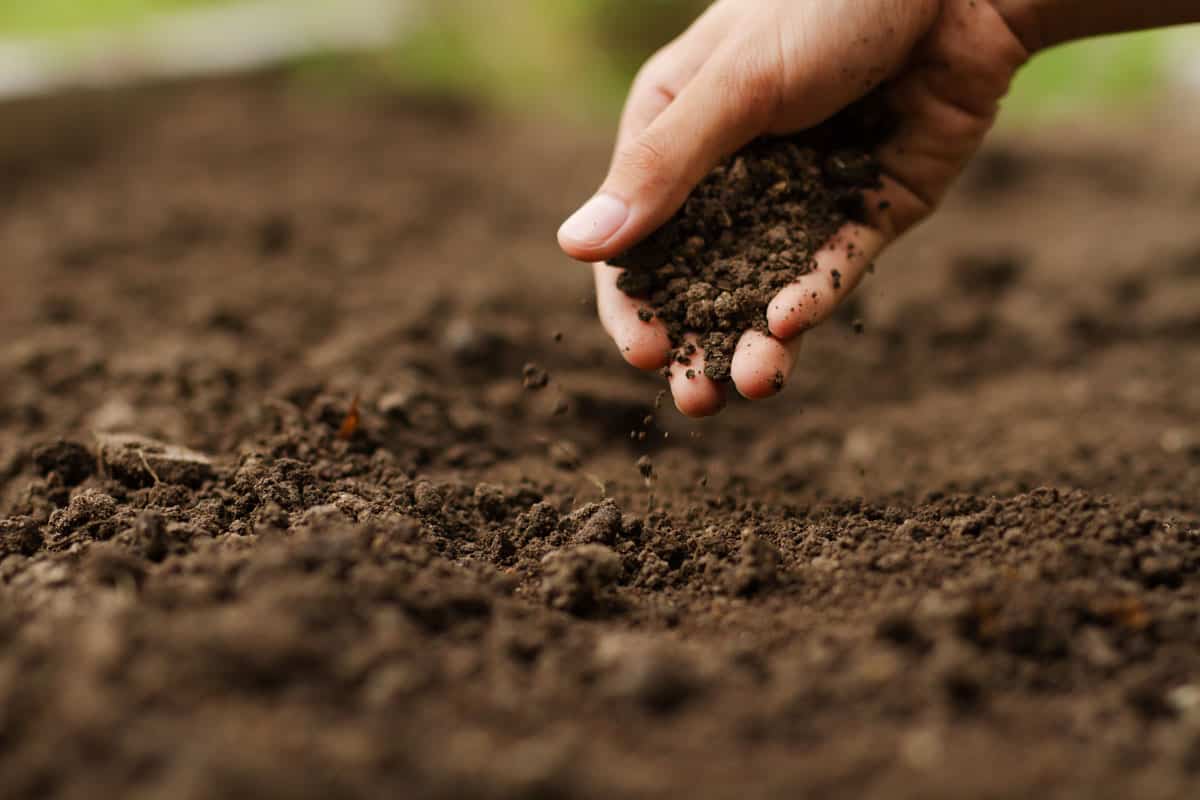
Vinegar is a solution of water and acetic acid, and this acid makes it effective in killing weeds and other unwanted plants.
It is a natural alternative to chemical herbicides and pesticides.
This makes it a popular choice for gardeners who want to avoid harmful chemicals in their soil.
The effectiveness of vinegar in soil depends on several factors: the concentration of acetic acid in the vinegar, the type of vinegar used, and the soil type.
Higher concentrations of acetic acid are more effective in killing weeds and other unwanted plants.
However, they can also have a more negative impact on soil health.
How Long Does Vinegar Last in Soil?
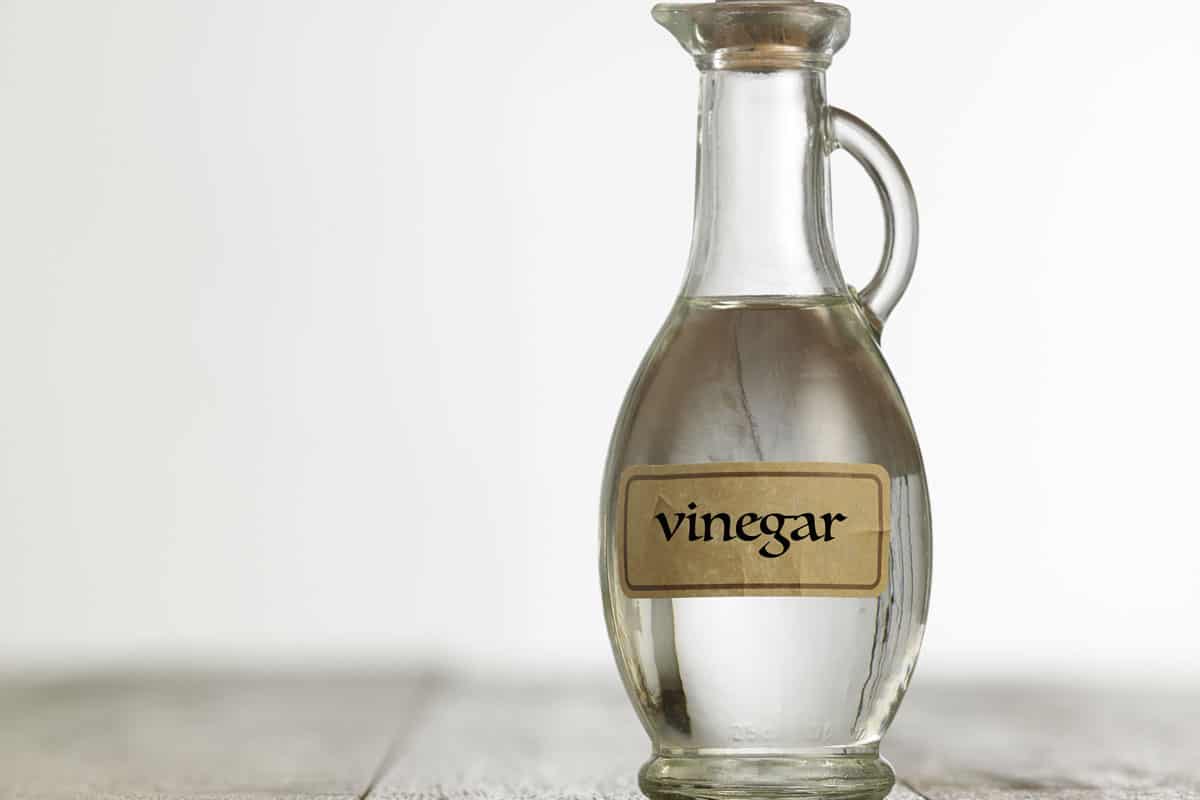
The answer to this question depends on several factors, including the type of vinegar used, the concentration of vinegar, and the soil's characteristics.
Factors That Affect Vinegar's Longevity in Soil
One of the most important factors is the type of vinegar used. White vinegar has a pH of about 2.5, a strength of 5%, and can last up to 30 days in soil.
Apple cider vinegar falls in between, with a pH of 2-3. It can last between 21 and 30 days.
Balsamic vinegar also has a pH of 2-3, and it can last up to 25 days in soil.
The concentration of vinegar used is another important factor that affects its longevity in soil.
High-concentration vinegar can last longer. It may remain for one or two months if you pour a lot of it in the soil.
Soil characteristics also play a role in how long vinegar lasts in soil.
Soil pH, temperature, and moisture content can all influence the rate at which vinegar breaks down.
In general, acidic soils with a pH below 7.0 will cause vinegar to break down more quickly.
What Happens When You Pour Vinegar on Soil?
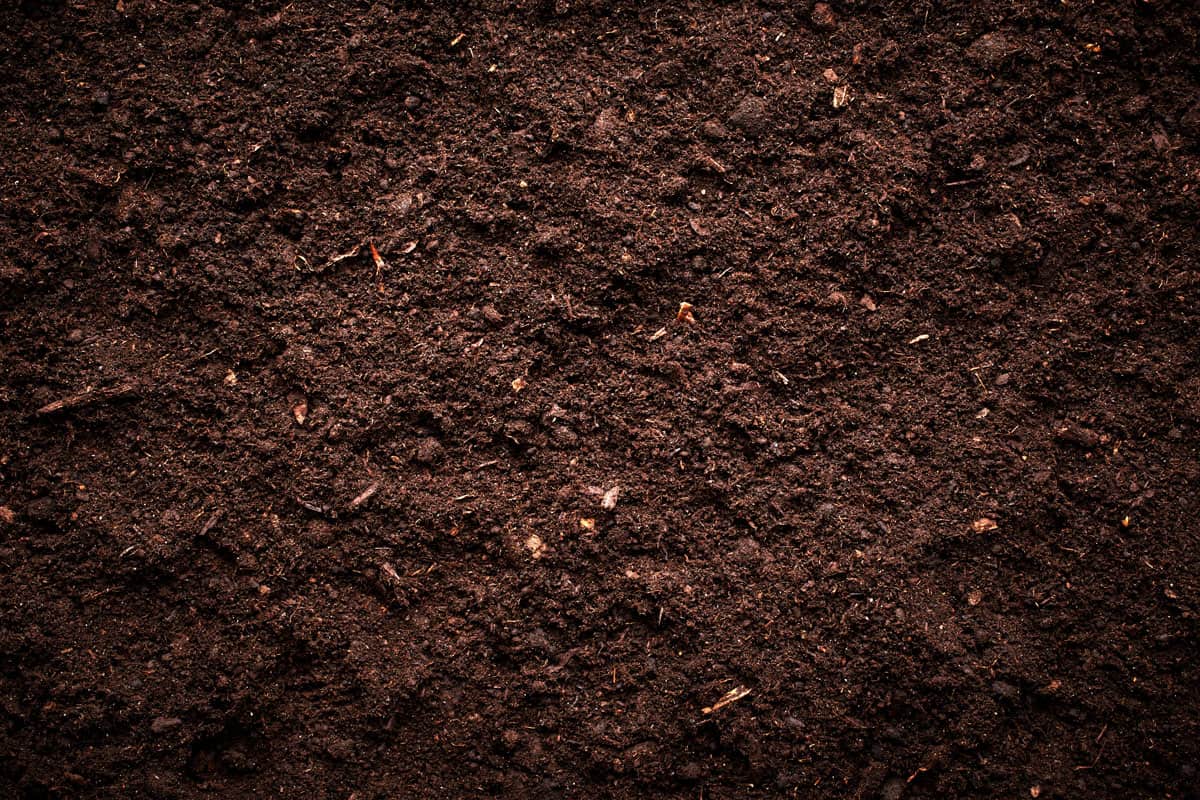
When vinegar is applied to soil, it can have both positive and negative effects.
Here are some things that can happen when you pour vinegar on soil:
Acidification
Vinegar can help to lower soil pH and increase its acidity, which can be beneficial for certain types of plants.
This can be beneficial for acid-loving plants like blueberries, azaleas, and rhododendrons.
Weed control
Household white vinegar, at its 5 % acetic acid level, can burn the tops of weeds, making them wither and die.
However, it does not have any effect on the roots of weeds and may also harm other plants it comes in contact with.
Nutrient depletion
Vinegar can also kill beneficial microorganisms in the soil, which can affect the soil's nutrient availability.
This can be harmful to plants, especially those that rely on soil microbes for their nutrient uptake. It can have a negative impact on soil health and plant growth.
It's important to remember that the effects of vinegar on soil can vary.
While vinegar can be a useful tool for gardening, you should use it in moderation and with caution.
How to Test the Effects of Vinegar on Soil Over Time
If you're interested in testing the effects of vinegar in soil over time, you can create a small test plot in your garden and apply vinegar to the soil at different concentrations.
You can then monitor the soil over time to see how long the vinegar lasts and how it affects plant growth.
Another option is to conduct a laboratory experiment using soil samples and different concentrations of vinegar.
This method allows for more precise measurements.
This can also help you understand the chemical reactions that occur in the soil when vinegar is present.
How Do You Neutralize Vinegar in Soil?
If you've applied vinegar to your soil and want to neutralize it, there are a few different methods you can use.
One option is to add lime to the soil, which will help to raise the pH and neutralize the acidity of the vinegar.
Another option is to simply wait for the vinegar to break down naturally over time.
How Do Plants React to Vinegar?
Vinegar has been used as a natural herbicide and pesticide for many years.
As we mentioned, when vinegar is introduced to the soil, it lowers the pH level, making it more acidic.
This can be beneficial for plants that prefer acidic soil.
However, for plants that prefer neutral or alkaline soil, such as most vegetables and flowers, the acidic environment can be harmful.
Excessive use of vinegar can damage the roots of your plants, causing them to wither and die.
You should use vinegar in moderation and dilute it with water before applying it to your plants.
A ratio of one part vinegar to three parts water is recommended for most applications.
You should avoid spraying vinegar directly on the leaves of your plants, as this can cause burning and damage.
Summing Up
Vinegar can be a useful tool for controlling weeds in your garden, but it should be used with caution and in moderation.
Overall, using vinegar in the soil can have both benefits and disadvantages.
You should weigh the pros and cons before using it in your garden.
If you are unsure about how to use vinegar safely, consult a gardening expert or professional.
Check out some of our previously written related articles below.
How To Clean Solar Lights With Toothpaste Or Vinegar [Step-By-Step Guide]

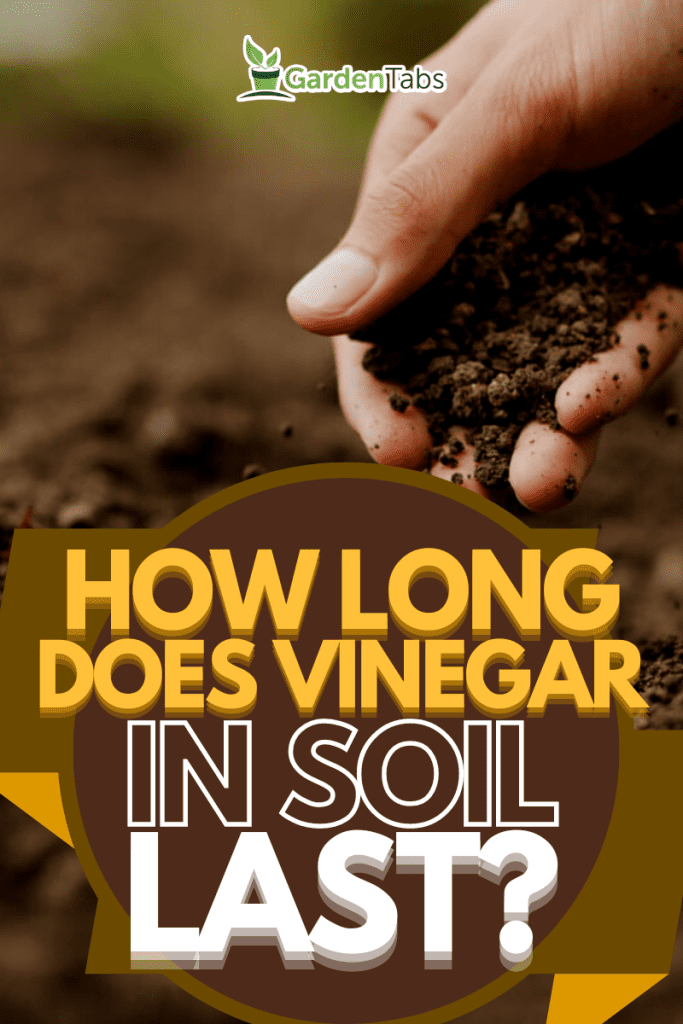
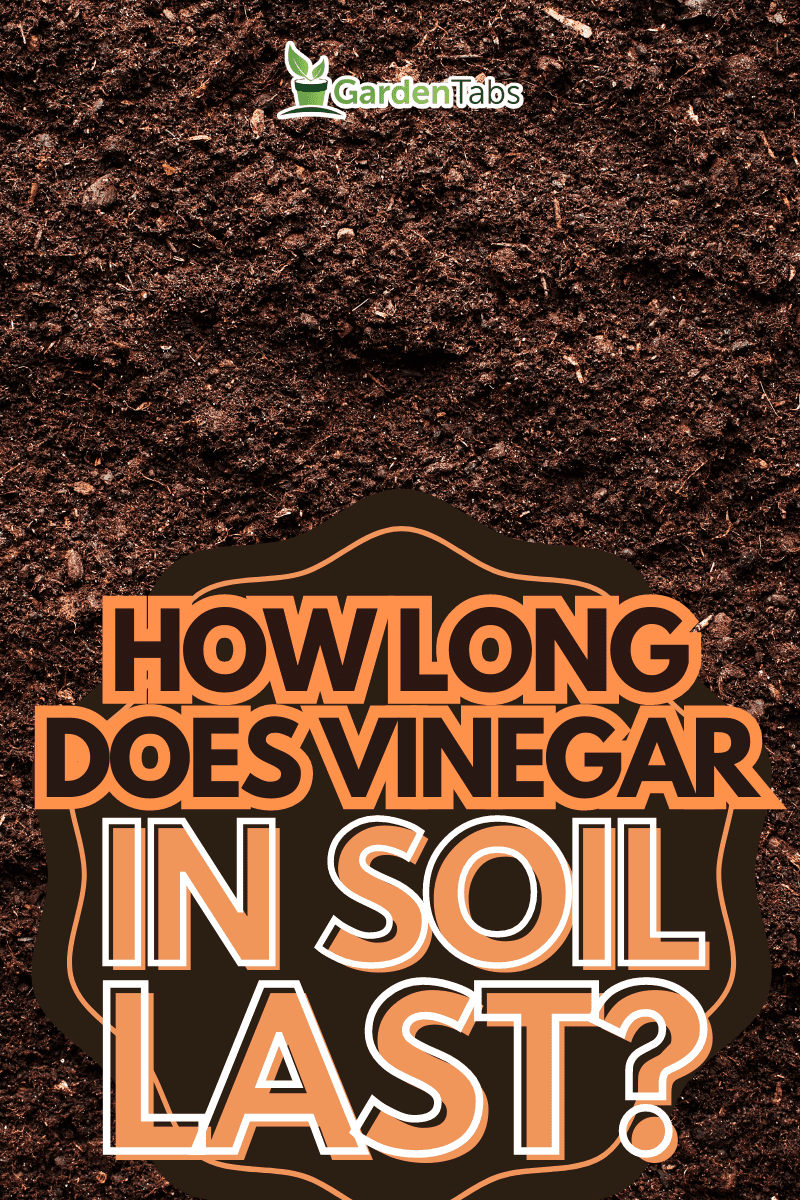
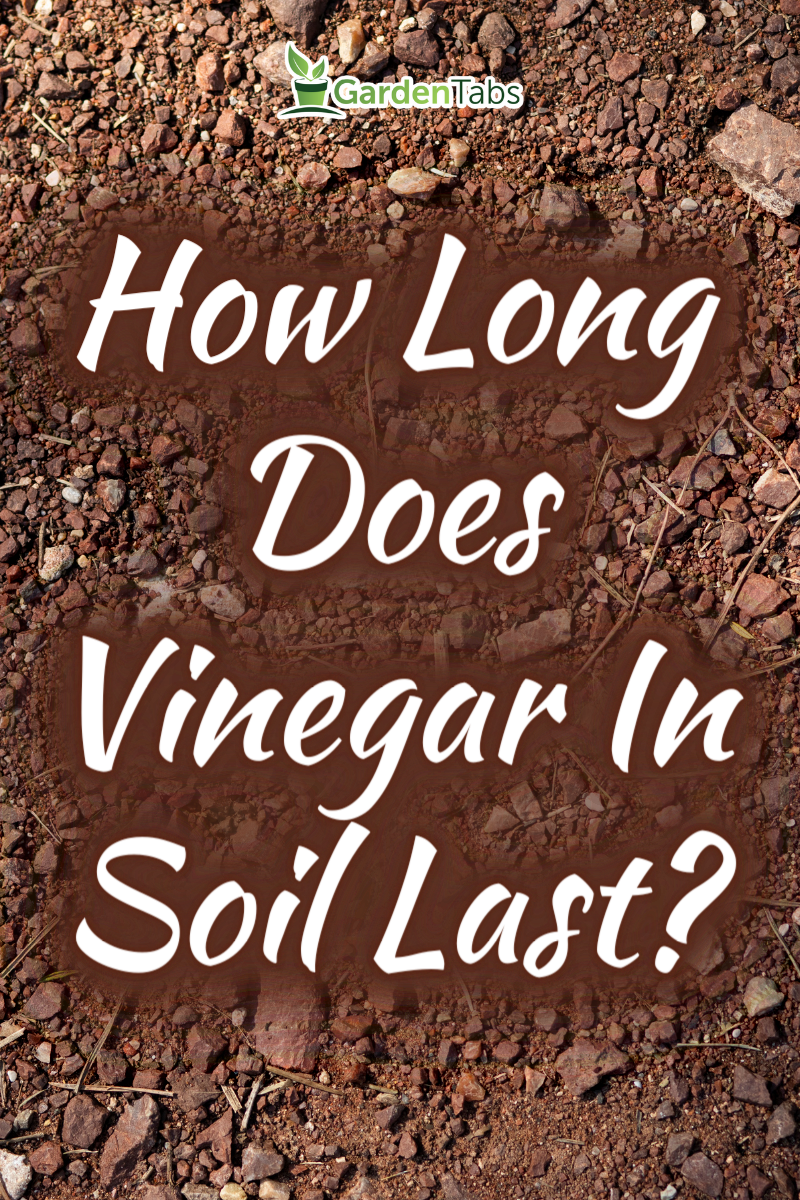
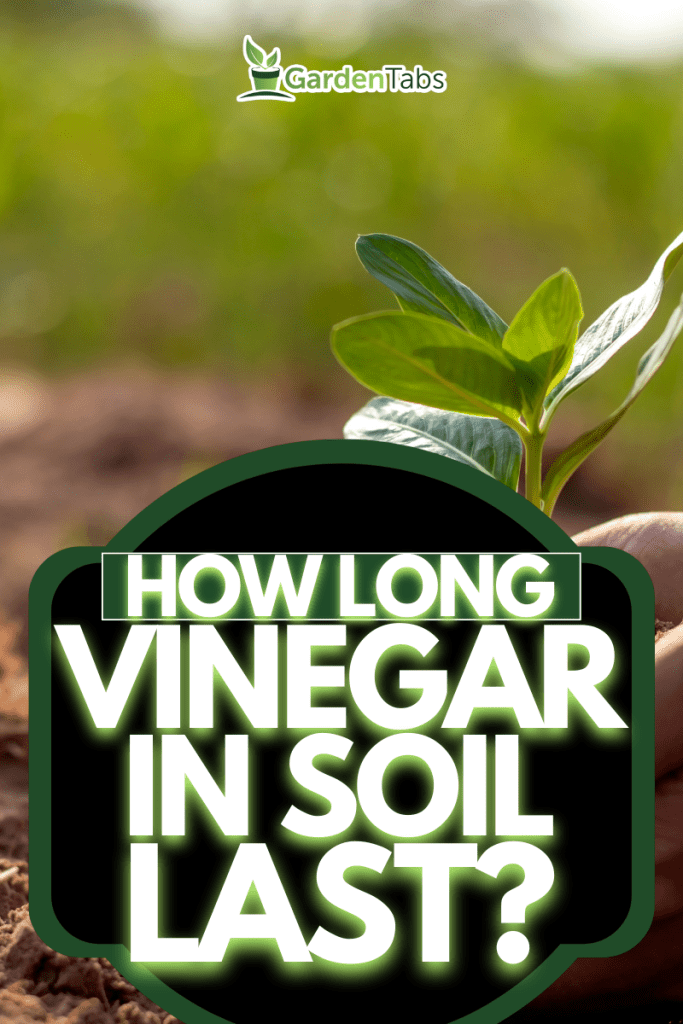
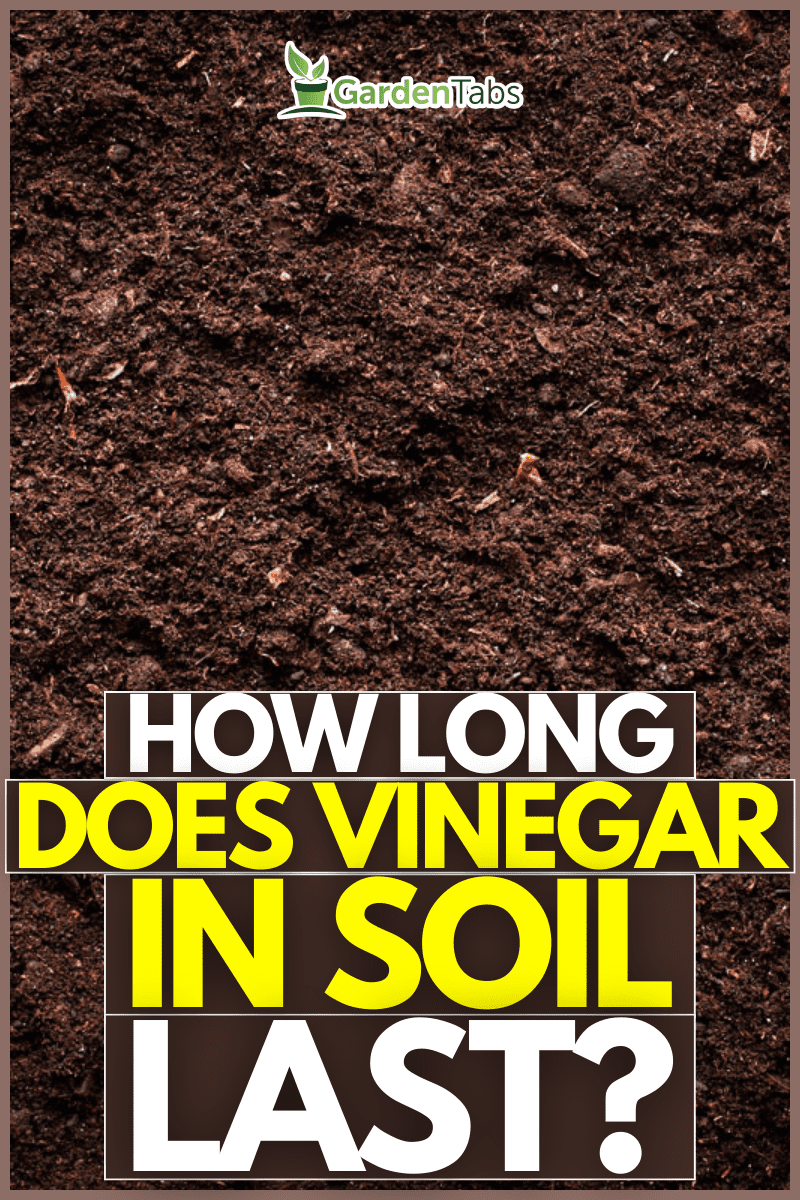
dont have one